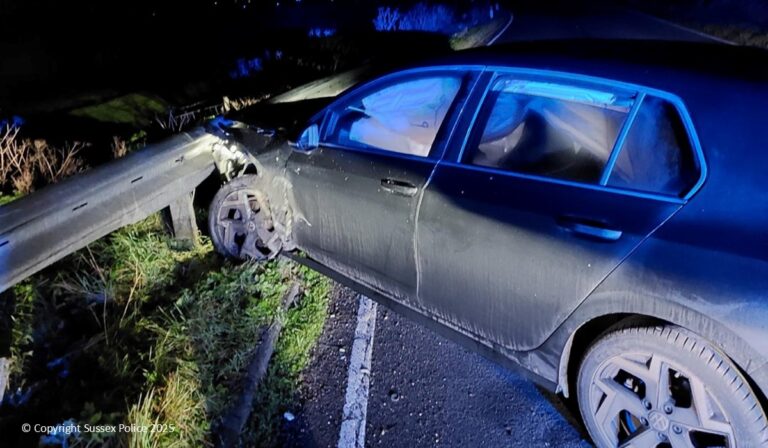BrewDog has announced the impending closure of its Brighton bar, located at 52–54 Grand Parade, as part of a broader consolidation in which ten UK venues will be permanently shut. The move, set to take effect on 26 July, is part of a strategic overhaul led by CEO James Taylor.
BrewDog attributes the decision to factors unique to underperforming sites—specifically citing Brighton’s venue size, location, and commercial viability—or lack thereof. The brewery emphasized that despite local teams’ efforts, these bars had become unsustainable.
This closure is not a reactive move but a deliberate strategic realignment aimed at streamlining operations. Going forward, BrewDog plans to concentrate on two core formats: destination hubs in major cities like London, Berlin, and Las Vegas, and smaller community bars designed for local engagement.
Since its opening in August 2015, BrewDog Brighton had become a flagship British outpost. It occupied the former Blind Tiger Club site and was known for its thirty on‑tap craft beers, laid-back industrial décor, and central location near the Royal Pavilion. It quickly became a core part of Brighton’s vibrant drinking scene.
Approximately 100 roles across the ten closing sites—including Brighton—are under threat. BrewDog has launched a consultation period with a minimum duration of two weeks, during which affected employees will have one-on-one meetings and opportunities for redeployment across the network. The company pledged support for those unable to transfer internally.
However, labour union Unite Hospitality criticized the short notice given to staff at some locations—reports cited just three days’ notice—calling it morally and legally inadequate, despite BrewDog’s assertion that formal minimum notice is being adhered to.
BrewDog’s decision reflects the ongoing turbulence in the UK hospitality sector, where rising wages, energy bills, regulatory costs, and shifting consumer habits have squeezed many operators. More than 400 pubs closed in England and Wales last year alone.
In recent years, BrewDog has also faced internal challenges—public criticism over workplace culture, high-profile leadership turnover in 2024, and controversies surrounding ethics and employee relations.
For locals, Brighton loses a high‑profile craft beer destination and community hub. While details about potential new tenants or similar venues taking over the space are not yet available, the closure leaves a notable gap in the city’s beer and pub scene.
BrewDog’s remaining venues, including flagship chain locations, are expected to remain operational. But the move serves as a sign of both retrenchment and recalibration—letting go of underperforming outposts like Brighton in favour of stronger, future‑focused sites.













Add your first comment to this post